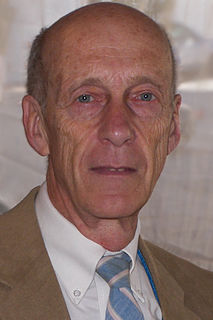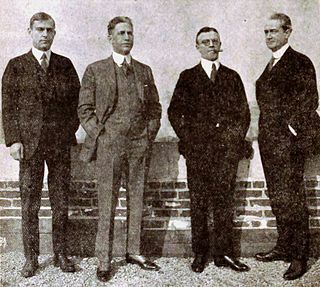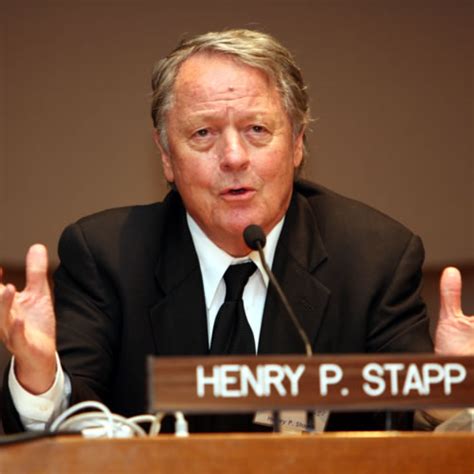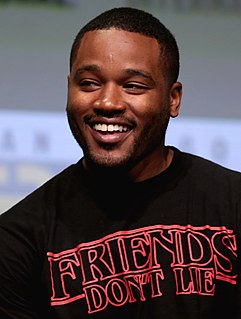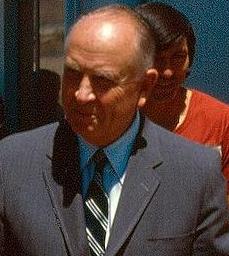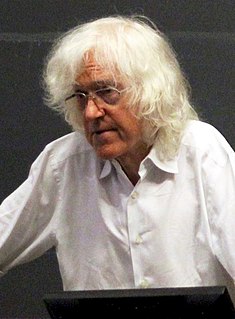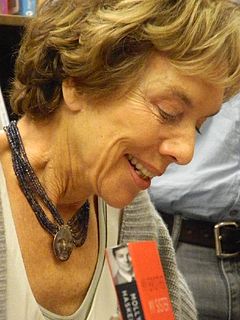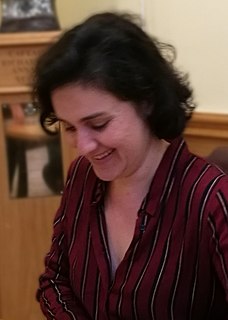A Quote by Thomas Nagel
If we tried to rely entirely on reason, and pressed it hard, our lives and beliefs would collapse - a form of madness that may actually occur if the inertial force of taking the world and life for granted is somehow lost. If we lose our grip on that, reason will not give it back to us.
Related Quotes
She [my mother] was the force around which our world turned. My mother was propelled through the universe by the brute force of reason. She was the judge in all our arguments. One disapproving word from her was enough to send us off to hide in a corner, where we would cry and fantasize our own martyrdom. And yet. One kiss could restore us to princedom. Without her, our lives would dissolve into chaos.
If we keep this question in mind while planning our days, we will see that we actually have countless opportunities to add to our life force. Being around people and places we love and doing things that give us deep satisfaction, taking time to digest the events in our lives, being less busy, telling the truth, laughing a lot, eating right, exercising regularly, having long talks with those we love-these are among the best ways to nourish our vitality. Our life force thrives when we are completely engaged in the present moment.
One reason why I recommend the abandonment of religious beliefs is because I think those beliefs are wrong. There is no evidence that our world was created by divine intention, that a god intercedes in human affairs, or that there is life after death. Religion is a hangover from humankind's timorous infancy; it's time for us to walk upright and unafraid, and to take charge of our own lives.
There are so many kinds of madness, so many ways in which the human brain may go wrong; and so often it happens that what we call madness is both reasonable and just. It is so. Yes. A little reason is good for us, a little more makes wise men of some of us--but when our reason over-grows us and we reach too far, something breaks and we go insane.
Our beliefs about ourselves in relation to the world around us are the roots of our values, and our values determine not only our immediate actions, but also, over the course of time, the form of our society. Our beliefs are increasingly determined by science. Hence it is at least conceivable that what science has been telling us for three hundred years about man and his place in nature could be playing by now an important role in our lives.
We look at the African-American community, for a long time those of us who be considered strong - black men - for whatever reason, haven't done a good job of taking care of the weak. And we were doing things that render taking care of our youth and taking care of our women and our families impossible, when our lives are taken.
It's so easy in life for us to receive blessings, many of them almost uncounted, and have things happen in our lives that can help change our lives, improve our lives, and bring the Spirit into our lives. But we sometimes take them for granted. How grateful we should be for the blessings that the gospel of Jesus Christ brings into our hearts and souls. I would remind all of you that if we're ever going to show gratitude properly to our Heavenly Father, we should do it with all of our heart, might, mind, and strength-because it was He who gave us life and breath
While reasons are provided by the facts,...rationality...depends instead on our beliefs. [...] [I]f I believe falsely that my hotel is on fire, it may be rational for me to jump into the canal. But I have no reason to jump. I merely think I do. And, if some dangerous treatment would save your life, but you don't know that fact, it would be irrational for you to take this treatment, but that is what you have most reason to do.
Nothing sweeter than to drag oneself along behind events; and nothing more reasonable. But without a strong dose of madness, no initiative, no enterprise, no gesture. Reason: the rust of our vitality. It is the madman in us who forces us to adventure; once he abandons us, we are lost; everything depends on him, even our vegetative life; it is he who invites us, who obliges us to breathe, and it is also he who forces our blood to venture through our veins. Once he withdraws, we are alone indeed! We cannot be normal and alive at the same time.
Why do we fail? Is it because we are unlucky? Is it because we have not worked very hard? I s it because we have not invoked God's Compassion and Blessings? Is it because God has accepted this failure as an experience He wanted to have in our life? Is it because God has granted this failure to us? Is it because God has willed that we should lose? No! not it is for a different reason that we experience failure. It is for the strengthening of our consciousness that, at times, God grants us defeat.
We cannot begin with complete doubt. We must begin with all the prejudices which we actually have when we enter upon the study ofphilosophy. These prejudices are not to be dispelled by a maxim, for they are things which it does not occur to us can be questioned. A person may, it is true, in the course of his studies, find reason to doubt what he began by believing; but in that case he doubts because he has a positive reason for it, and not on account of the Cartesian maxim. Let us not pretend to doubt in philosophy what we do not doubt in our hearts.
How else do you think life happens? A series of coincidences and occurrences have to happen somehow. Our lives all crash and collide and you think there's no reason or rhyme to it? If there wasn't any reason for it all, what would be the point? Why do you think anything happens at all? There is an outcome, repercussions and occurrences to everybody you meet and everything you say.



